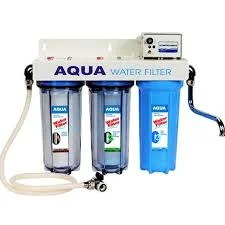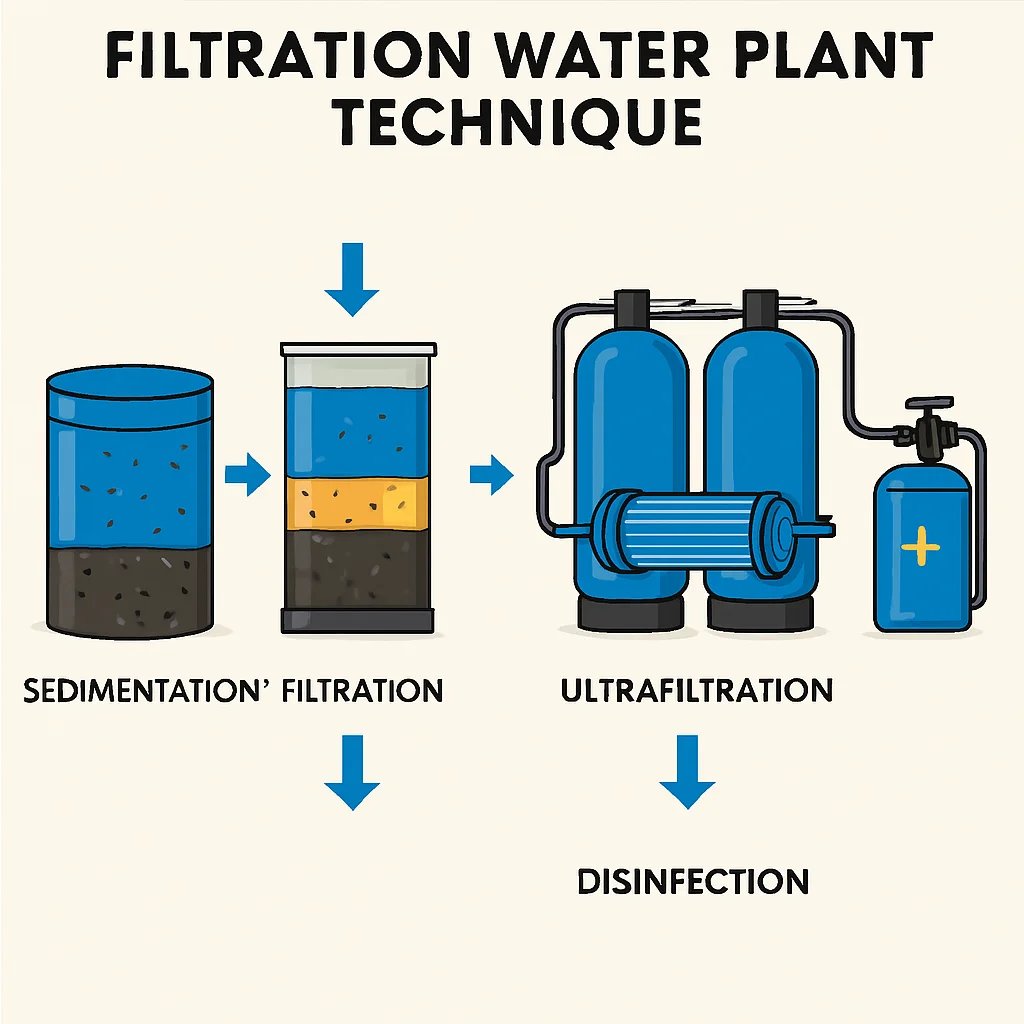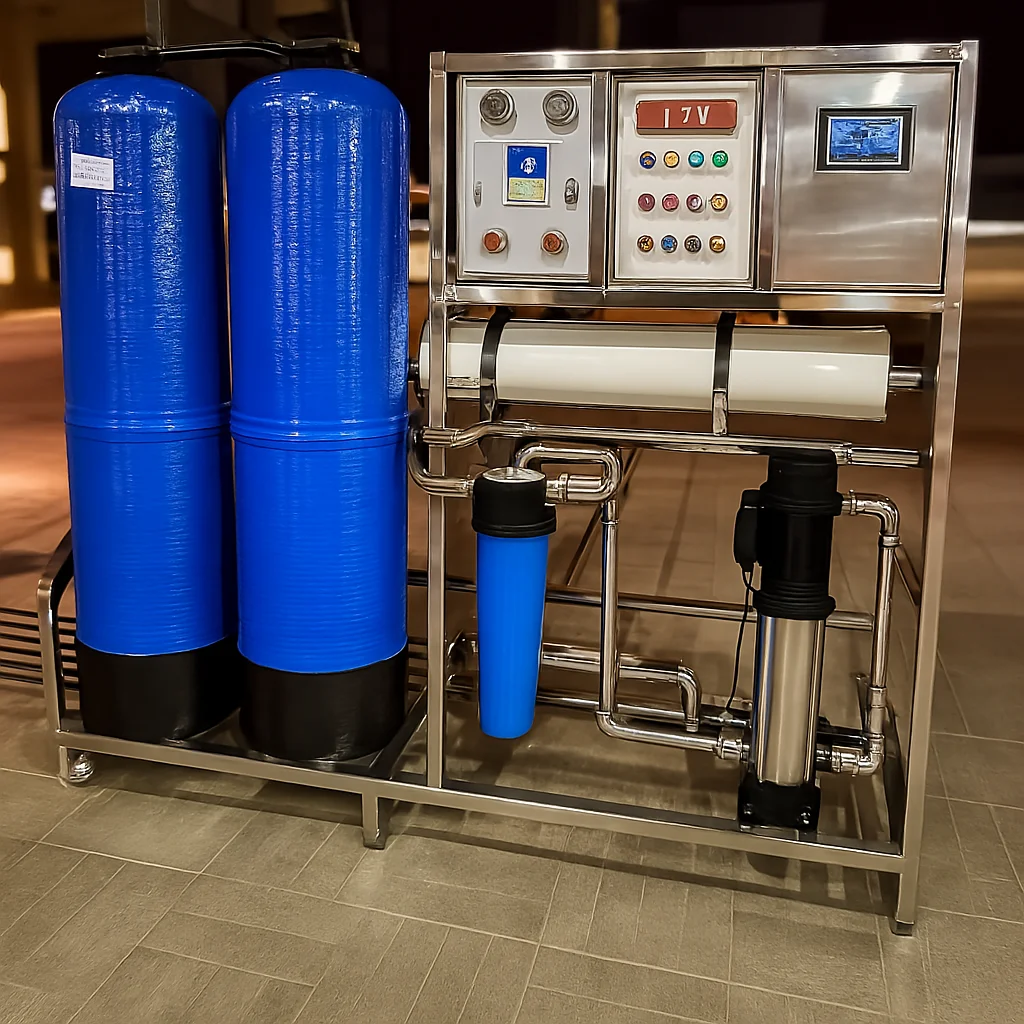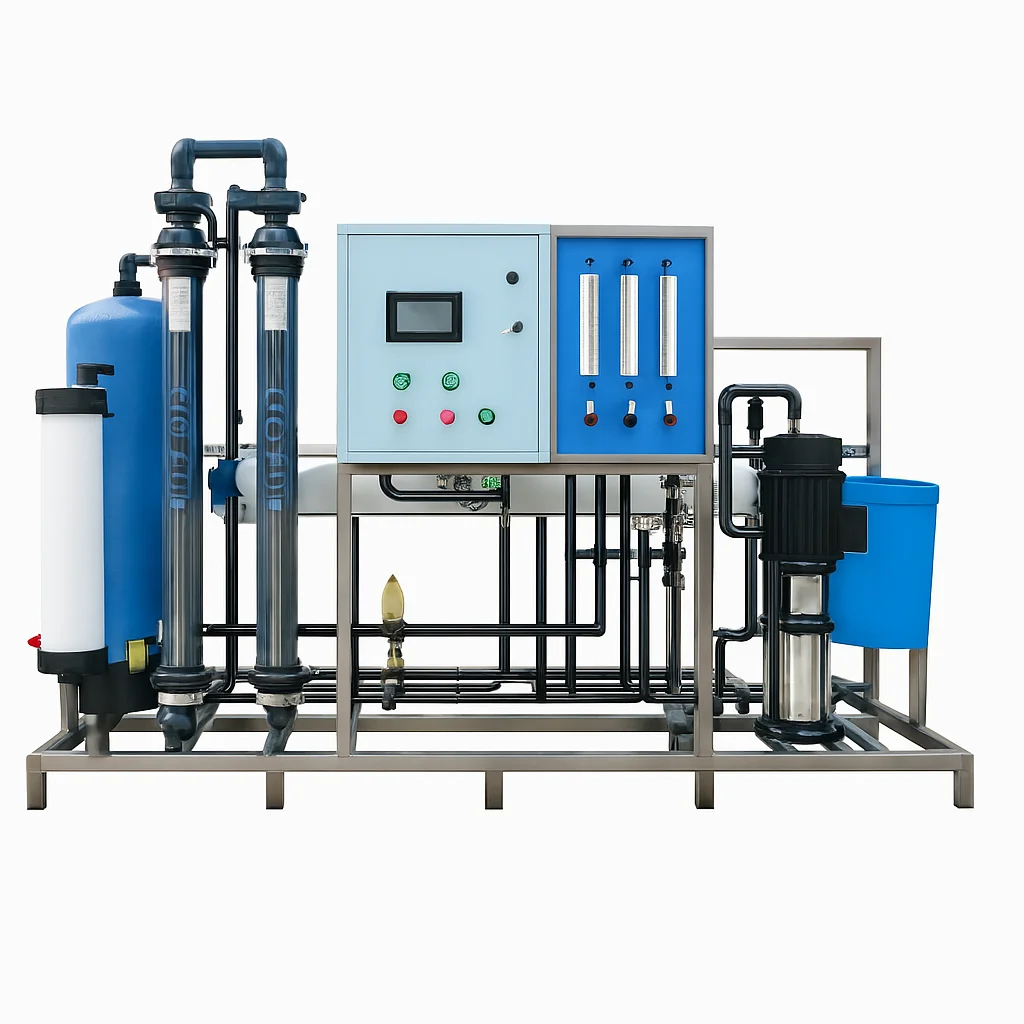Filtration Water Plant
Filtration Water Plant is one of the most widely used and reliable methods for basic water purification. This process serves as a first line of defense against impurities, making untreated water safe, clear, and acceptable for drinking. It efficiently removes dirt, suspended solids, debris, sand, and other physical contaminants from the water supply.Filtration systems are especially ideal for households, schools, clinics, and community-level water treatment facilities. These plants help improve the taste, appearance, and overall quality of drinking water without the need for complex chemical processes.
At Water Care Services Pakistan (WCSP), we provide custom-designed Filtration Water Plants to meet varying capacity and quality needs. Our systems are easy to operate, cost-effective, and built with high-grade materials to ensure long-term reliability and performance.Whether you’re treating municipal water, bore water, or surface water, our filtration systems can be tailored for kitchen use, whole-house installations, or village/community setups.
Household Filtration Solutions
Filtration Water Plants are commonly installed in kitchen water lines to remove visible debris, sand, and suspended solids, significantly improving the clarity, taste, and safety of drinking water. These systems play a vital role in ensuring that the water used for cooking, drinking, and washing food items is clean and free from harmful impurities.
Beyond point-of-use kitchen filtration, these systems can be integrated with the entire household water supply. By installing the filtration unit at the main water inlet, every tap in your home—bathrooms, showers, laundry, and outdoor faucets—provides clean, purified water. This comprehensive solution protects your household from dirt, rust, pipe sediment, and other common contaminants in municipal or underground water, ensuring safe and reliable water throughout your home.


Filtration Water Plant Technique
Filtration Water Plant – Basic Yet Essential Water Treatment
A filtration plant is the simplest and most widely used method for removing solid debris and suspended particles from a water stream. This treatment process can operate independently or in combination with physical, biological, and mechanical processes, depending on the quality of source water and intended application.
In filtration, water passes through a specialized porous medium—such as sand, gravel, or membrane filters—which captures suspended solids based on pore size and flow rate. The efficiency of particle removal is directly influenced by the filter’s pore size, with smaller pores offering finer filtration. This method effectively removes mud, dirt, rust, and other particulates from the water supply.
Although filtration removes a large portion of physical impurities, post-treatment using disinfectants or UV systems is typically recommended to eliminate microorganisms, viruses, and bacteria that may pass through. The treated water that emerges from the filter media is referred to as “filtrate”, which is visibly clearer and suitable for further purification steps or limited direct use.
Get Customized Water TreatmentPlans—Reach Out Today

Diversity of Filtration Process
Physical Filtration – A Fundamental Step in Water Purification
Physical filtration works by mechanically removing large solids and impurities from water through simple straining. This process typically employs a specialized thin fiber material—such as polypropylene or polyester—as the filtration medium, capable of capturing particles based on their size and flow rate.
In addition to fiber-based filters, conventional physical filtration systems enhance performance by passing the water stream through multiple layers of granular media. These layers act as natural filtration barriers, with varying pore sizes that allow them to capture contaminants of different sizes. The most commonly used filtration beds include silica sand, gravel, anthracite, and activated charcoal, each contributing uniquely to the removal of sediments, turbidity, chlorine, and organic matter.
Physical filtration plays a critical role in improving water clarity, reducing turbidity, and extending the lifespan of downstream purification systems such as Reverse Osmosis (RO), UV, or chemical disinfection units.
At Water Care Services Pakistan (WCSP), we specialize in the custom fabrication of a wide range of physical filtration systems, including:
Single Media Filters – For basic sediment and turbidity removal
Dual Media Filters – Combining sand and anthracite for improved depth filtration
Multimedia Filters – Designed with multiple layers (e.g., gravel, sand, carbon) for advanced filtration.
Filtration Beds for Post-Treatment Applications
These filtration beds are commonly utilized as a post-treatment stage in wastewater and various industrial treatment systems. For instance, in slow sand filtration, bacteria are effectively removed through biological activity within the layer that forms on the filter bed surface—making it suitable for both drinking water and wastewater purification.
Silent Features
- Capacity from 250 LPH to 100 m3/hr
- Removed suspended debris from water supply
- Eliminated large impurities effectively
- Operate easily
- Compact, skid mounted
- Improve taste

A Filtration Water Plant is a facility designed to purify water by removing impurities, contaminants, and particles, ensuring it meets quality standards for various applications.
Filtration involves passing water through various filters that physically and/or chemically separate impurities, ensuring the output is clean and safe for consumption or industrial use.
Filtration Water Plants are capable of removing a wide range of contaminants, including sediment, bacteria, algae, viruses, and other suspended particles present in water.
Yes, Filtration Water Plants are adaptable and can be configured to meet the specific water treatment needs of both residential areas and industrial facilities.
Yes, various filtration methods are employed, including sand filtration, activated carbon filtration, membrane filtration (such as reverse osmosis), and multimedia filtration, each targeting specific contaminants.
Filtration Water Plants are designed to handle water from diverse sources. The treatment process can be customized to address the specific impurities present in different water supplies.
Yes, Filtration Water Plants play a role in environmental sustainability by ensuring the supply of clean water, reducing the reliance on single-use plastics, and promoting responsible water management.
Filtration physically removes impurities, while chlorination involves the addition of chemicals to kill microorganisms. Both methods are often used in conjunction for comprehensive water treatment.
Yes, water treated by Filtration Water Plants is free from harmful contaminants, promoting better health by providing safe and clean drinking water. Regular filtration contributes to overall well-being.
Filter replacement or maintenance frequency depends on factors such as the type of filter, water quality, and usage. Regular monitoring and adherence to maintenance schedules are crucial.
